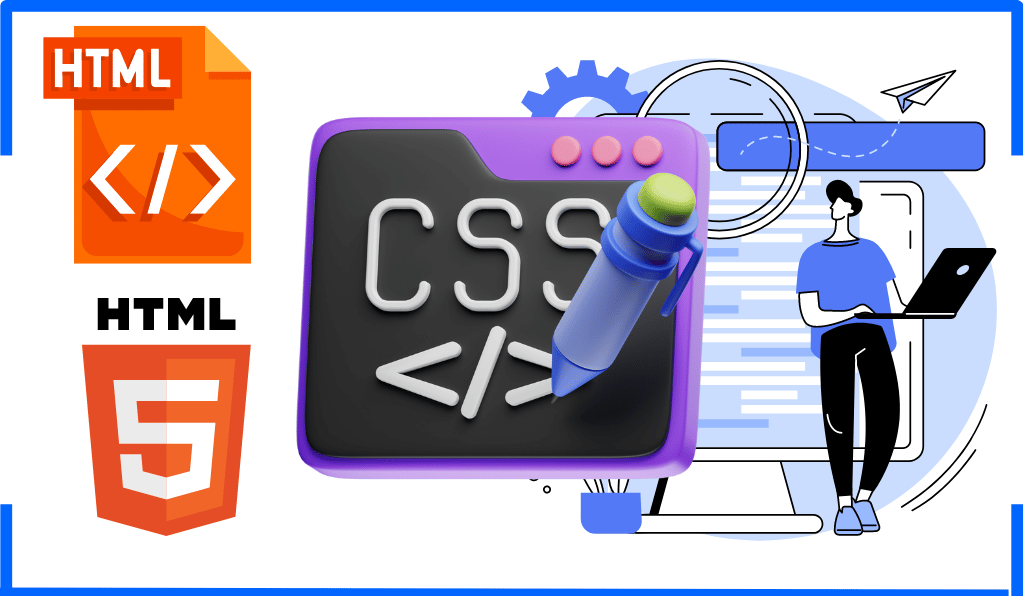Ok, so talking about Oracle PL/SQL might feel like stepping back into something kinda old-school, but still, there's a pretty solid reason folks still mess with it today. It’s not just some leftover from the '90s — it’s actually still kicking around in a lot of places, especially anywhere running big Oracle databases, which are, you know, still kinda everywhere. So yeah, learning it might not sound super flashy at first, but the value's definitely still there in a pretty down-to-earth way.
1. It’s Baked into Oracle’s Guts — and Oracle is Still a Huge Deal
You’ll notice that Oracle isn’t exactly going away. Hospitals, banks, telecom companies — all of them tend to run their big operations through Oracle. And PL/SQL? That’s the scripting language Oracle came up with to work hand-in-hand with their database stuff. So if you're working anywhere near Oracle systems, you’re almost definitely gonna deal with PL/SQL at some point. Might as well get good at it, right?
2. It’s Built to Handle a Whole Lot of Database-Heavy Lifting
Unlike, say, basic SQL — which is more or less just there to ask the database some questions — PL/SQL is more like, “Hey, let me write an actual script that runs logic, loops through stuff, throws out errors, makes decisions on the fly.” So yeah, it’s kind of like turning SQL into a full-blown program. And that’s handy if you're writing code that the database itself is gonna be running regularly, not just one-time queries.
3. The Jobs Still Pay Pretty Well, to Be Honest
It might not be the trendy skill you throw on a résumé next to React or whatever, but people who know their way around PL/SQL — especially those who can write solid procedures, packages, and triggers without breaking things — tend to be paid fairly well. Especially since companies don’t want their old Oracle setups to fall apart. That’s job security with some serious staying power.
4. Maintenance Work is Everywhere — and Someone’s Gotta Do It
A lot of Oracle-based systems are kinda old but still working just fine. Nobody’s eager to rebuild everything from scratch, so they keep patching and updating what's already there. This means someone needs to understand all that legacy code, and that someone could be you. It’s a bit like being a mechanic for a classic car — not new, but still totally in demand.
5. It Blends Well with Other Stuff
Ok, so maybe you're learning Java or Python or whatever. PL/SQL doesn’t replace those, but it actually works alongside them. You might have a Java app talking to an Oracle backend, and the real action — the part that crunches data or spits out business logic — is happening in PL/SQL procedures behind the scenes. Knowing both sides gives you an edge.
6. Companies Trust It, Even If It’s Not the Shiny New Toy
PL/SQL might not trend on social media, but it’s known for being pretty stable and predictable. Stuff just works. And that matters when you're dealing with millions of dollars of transactions or patient records or flight bookings. Sometimes boring is good.
So, yeah — learning PL/SQL? It's not about chasing trends. It’s more about quietly becoming that go-to person behind systems that people really, really need to keep running.
🚀 Become a Job-Ready Oracle PL/SQL Developer!
Enroll in the course “Job Ready Oracle PL/SQL Developer: From Basics to Master” and take your career to the next level. Learn from scratch and master the skills employers are looking for!

